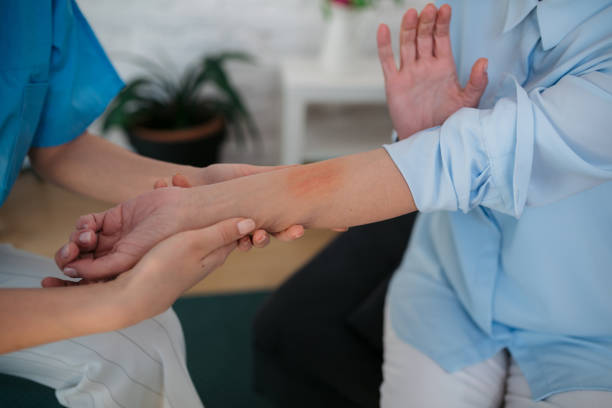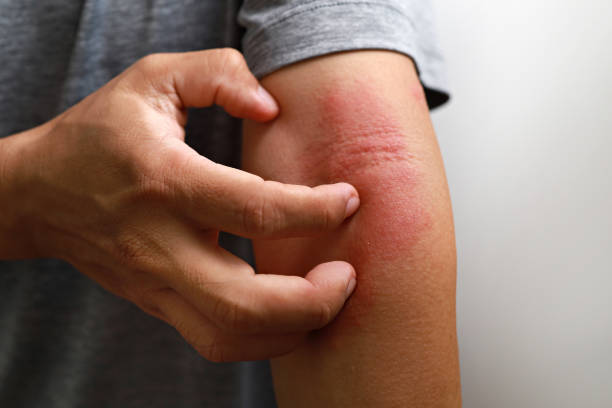Atopic dermatitis, also known as eczema, is a chronic skin condition that affects millions of people worldwide. It is characterized by dry, itchy skin that can become red, inflamed, and covered in rashes or blisters. The symptoms of atopic dermatitis can range from mild to severe and can have a significant impact on a person’s quality of life.
Symptoms of Atopic Dermatitis
The symptoms of atopic dermatitis can vary from person to person, but common signs include:
Dry, itchy skin
Red, inflamed patches of skin
Rashes or blisters that may ooze or crust over
Thick, scaly, or crusty skin
Darkened or discolored skin in severe cases
The severity of symptoms can also change over time, with flare-ups occurring at various intervals. Flare-ups are often triggered by exposure to certain irritants, such as soap, dust, or animal dander, as well as stress, changes in temperature, and other environmental factors.
Treatment for Atopic Dermatitis
There is no cure for atopic dermatitis, but there are various treatments available to help manage the symptoms. The goal of treatment is to relieve itching and inflammation and to prevent skin infections.
Topical Medications: Topical creams and ointments, such as corticosteroids, can be applied directly to the skin to reduce itching and inflammation. Other topical medications, such as calcineurin inhibitors, can also be effective in reducing symptoms.
Moisturizers: Keeping the skin moisturized is an important part of managing atopic dermatitis. It is recommended to use moisturizers immediately after bathing, while the skin is still damp, to lock in moisture.
Antihistamines: Over-the-counter or prescription antihistamines can help relieve itching, particularly at night when symptoms are often worse.
Light Therapy: Phototherapy, also known as light therapy, can be an effective treatment for atopic dermatitis.

 Home
Home Health
Health Diet & Nutrition
Diet & Nutrition Living Well
Living Well More
More












